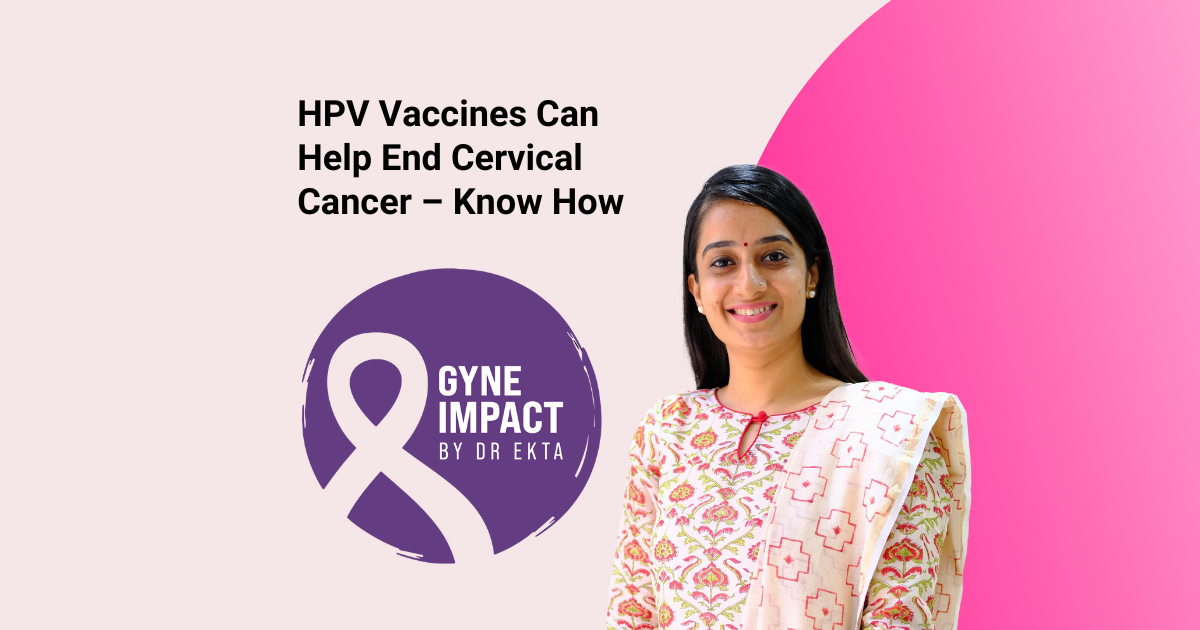I have seen firsthand the devastating impact of cervical cancer on women and their families. But there is hope – and that hope lies in HPV vaccines. These vaccines have the potential to significantly reduce, and even eliminate, cervical cancer cases worldwide. By increasing awareness and ensuring widespread vaccination, we can take a major step toward a future without cervical cancer.
Understanding the Connection Between HPV and Cervical Cancer
Human Papillomavirus (HPV) is a common virus that spreads through skin-to-skin contact, primarily during sexual activity. There are over 100 strains of HPV, but a few high-risk types, such as HPV 16 and HPV 18, are responsible for approximately 70% of cervical cancer cases. The HPV vaccines target these high-risk strains, effectively preventing infection and lowering the risk of developing cervical cancer.
How Do HPV Vaccines Work?
The HPV vaccines work by stimulating the immune system to produce antibodies against the virus. Once vaccinated, the body is equipped to fight off any potential HPV infection before it can cause harm. The vaccines are most effective when given before exposure to the virus, which is why they are recommended for preteens, but they are also beneficial for older individuals who have not yet been vaccinated.
Who Should Get the HPV Vaccine?
The HPV vaccines are recommended for:
- Girls and boys aged 9-14: The vaccine is most effective when given before any exposure to HPV.
- Teenagers and young adults up to age 26: Those who were not vaccinated earlier can still benefit.
- Some adults aged 27-45: While the vaccine is less effective at this age, it may still provide some protection for individuals at risk.
Why Is the HPV Vaccine Important?
- Prevents Cervical Cancer – Studies have shown that the HPV vaccines significantly reduce the incidence of cervical cancer by preventing infections from high-risk HPV strains.
- Protects Against Other Cancers – Besides cervical cancer, HPV vaccines also help prevent anal, throat, and genital cancers linked to HPV.
- Reduces Healthcare Costs – Preventing HPV-related cancers reduces the financial burden on healthcare systems and families.
- Decreases Transmission Rates – Widespread vaccination lowers the overall prevalence of HPV in the population, protecting even those who are not vaccinated.
Addressing Myths and Concerns About the HPV Vaccine
Despite the overwhelming benefits, some people still hesitate to get the HPV vaccines due to misconceptions. Here are some common myths debunked:
- Myth: The HPV vaccine promotes early sexual activity.
- Fact: There is no evidence that receiving the vaccine encourages risky behavior. It is simply a preventive measure against a potentially deadly virus.
- Myth: The HPV vaccine is unsafe.
- Fact: The HPV vaccines have undergone extensive testing and have been proven to be safe and effective. Millions of doses have been administered worldwide with minimal side effects, usually mild reactions like soreness at the injection site.
- Myth: Only women need the HPV vaccine.
- Fact: Men can also contract and spread HPV, leading to other types of cancer. Vaccinating both boys and girls helps in reducing the virus’s transmission and protecting everyone.
Global Efforts to End Cervical Cancer
Many countries are taking proactive steps to eliminate cervical cancer by increasing HPV vaccine coverage. The World Health Organization (WHO) has set a goal to achieve 90% HPV vaccination coverage among girls by 2030 as part of its global strategy to eliminate cervical cancer. Some countries, like Australia, have already seen dramatic declines in HPV-related diseases thanks to their successful vaccination programs.
What More Needs to Be Done?
To truly end cervical cancer, we must ensure that HPV vaccines are widely available and accessible. Here are some key steps:
- Improve awareness and education – Many people are still unaware of the benefits of HPV vaccines. Spreading accurate information can help increase vaccination rates.
- Make vaccines affordable and accessible – Governments and health organizations should work together to provide free or low-cost HPV vaccines to those in need.
- Encourage routine cervical cancer screening – While the HPV vaccines are highly effective, regular Pap smears and HPV tests remain crucial for early detection and prevention.
Conclusion: A Future Without Cervical Cancer
The fight against cervical cancer is winnable, and HPV vaccines are at the forefront of this battle. As an oncologist, I strongly advocate for increased vaccination and awareness. If we take action now, we can protect future generations from this preventable disease.
If you or your loved ones haven’t received the HPV vaccines yet, consult your healthcare provider today. Together, we can work towards a world where cervical cancer becomes a thing of the past.

